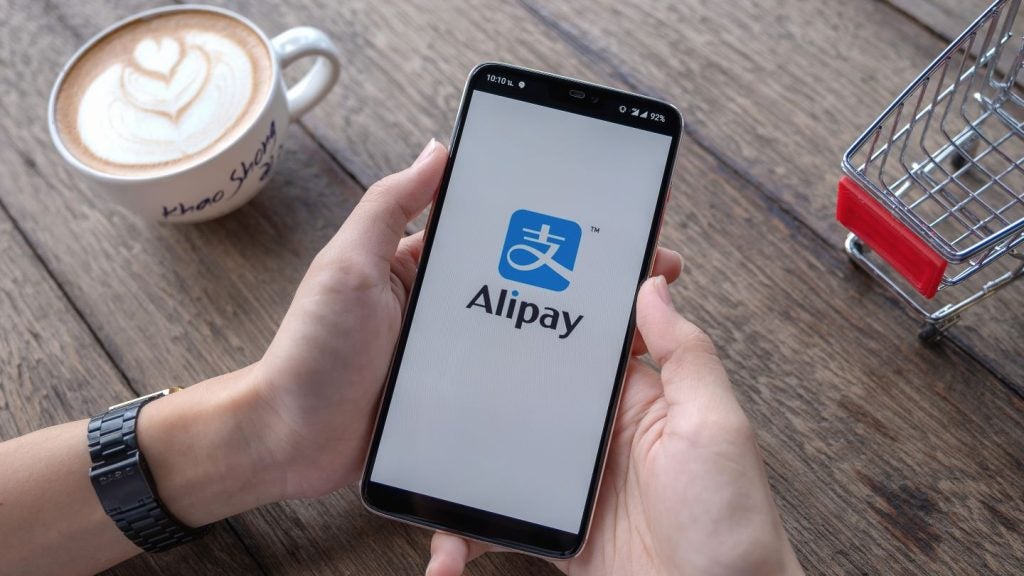consumers enter PINs when using Visa-branded debit cards to make
low-value purchases in the US. Had Visa not dropped the PIN
requirement, it would have been facing another anti-trust probe
from the US Department of Justice (see
Amex drops lawsuit and settles with MasterCard for
$1.8bn).
Visa’s stipulation for PINs for debit card transactions while at
the same time the card network had dropped a requirement for a
signature for purchases under $25. Visa had prohibited waiving the
entry of a PIN if a customer chose to make a PIN debit transaction,
because PIN debit transactions are processed over non-Visa PIN
debit networks such as Star (owned by First Data) and Pulse (owned
by Discover) in the US, whereas signature debit transactions are
processed over Visa’s own network.
investigating whether Visa’s rule adversely affected competition in
the debit card industry by restricting certain PIN debit
transactions, particularly small-value and internet transactions,
and by potentially interfering with the introduction of new types
of PIN debit services.
and implemented new regulations eliminating the potential for any
anti-competitive issues between Visa and the PIN debit networks,
the Department of Justice’s anti-trust division will close its
investigation.
‘More options for merchants’
Announcing its decision, Visa Inc said in a statement: “The
revision to the Visa USA Operating Regulations was made in response
to inquiries by the Department of Justice and the Attorneys General
of Washington, DC, Ohio and New York. It will give merchants and
financial institutions more processing options.
and competitive, Visa is pleased that the action will resolve the
regulatory investigations of Visa’s rules governing PINless debit
transactions launched by the Department of Justice and these
Attorneys General.”
whether to enable these transactions will be made by financial
institutions that issue Visa debit cards. Today, these issuers have
chosen to process approximately 80 percent of their debit
transactions over the Visa network. To avoid confusion, Visa will
continue working with issuing and acquiring financial institutions
to ensure that cardholders have the clear opportunity to make
informed decisions about their payment choices and that those
choices are honoured.”
the competitive concerns that prompted our investigation,” said
Thomas Barnett, assistant attorney general in charge of the
Department of Justice anti-trust division.
Visa-branded debit cards to enable their customers to use the PIN
debit functionality of those cards without entering a PIN.
for the Department to continue its investigation. However, the
department remains prepared to investigate allegations of
anticompetitive conduct in this important industry.”
Growing usage of debit
Approximately 70 percent of all signature debit cards in the US
carry the Visa brand and virtually all Visa signature debit cards
can be used to conduct PIN debit transactions. Since April 2006,
Visa has allowed banks to permit some types of merchants to waive
the signature requirement for certain signature debit transactions,
including low-value transactions of $25 or less, and certain types
of transactions initiated over the internet.
How well do you really know your competitors?
Access the most comprehensive Company Profiles on the market, powered by GlobalData. Save hours of research. Gain competitive edge.

Thank you!
Your download email will arrive shortly
Not ready to buy yet? Download a free sample
We are confident about the unique quality of our Company Profiles. However, we want you to make the most beneficial decision for your business, so we offer a free sample that you can download by submitting the below form
By GlobalDatausage of debit at the POS continues to grow strongly in the US,
with cardholders making more use of both PIN-based and
signature-based debit transactions. According to First Data’s
2007/2008 Consumer Payments Usage & Segmentation Study,
cardholders using both methods completed 23.3 transactions during
the previous month, while PIN-only users completed 12.2
transactions and signature-only users completed 17 transactions,
according to the study.
their primary payment method, and 38 percent chose signature-based
debit. Of those who prefer PIN, 44 percent feel the method is more
secure, while 39 percent of those who prefer signature feel it is
more secure.







